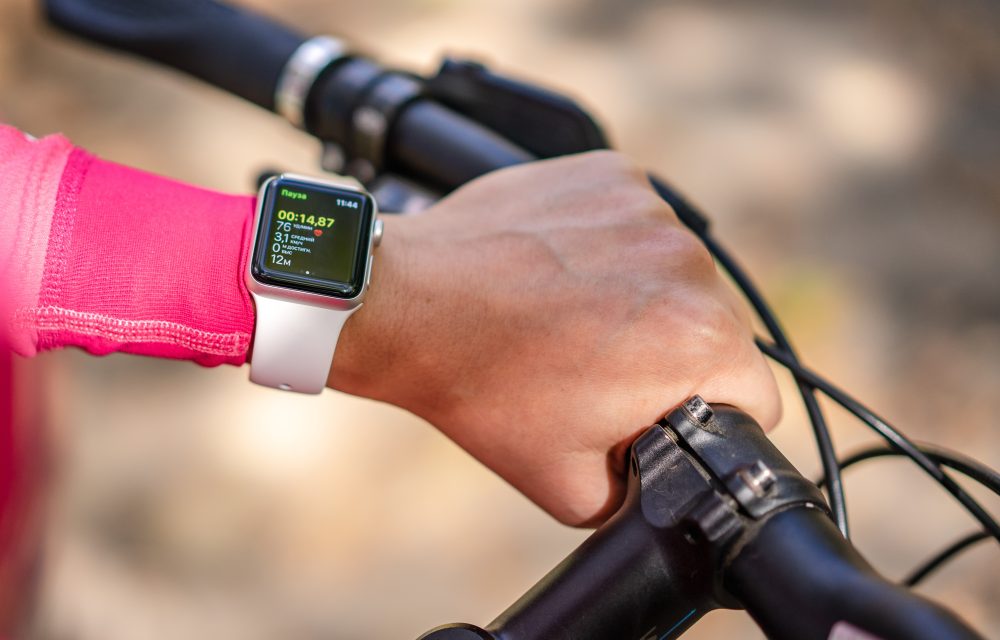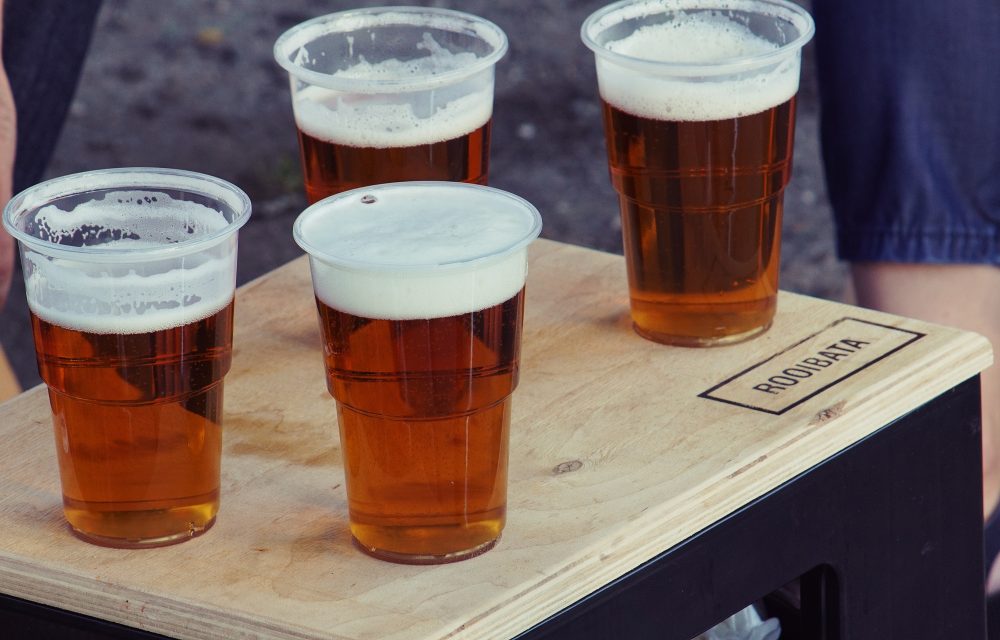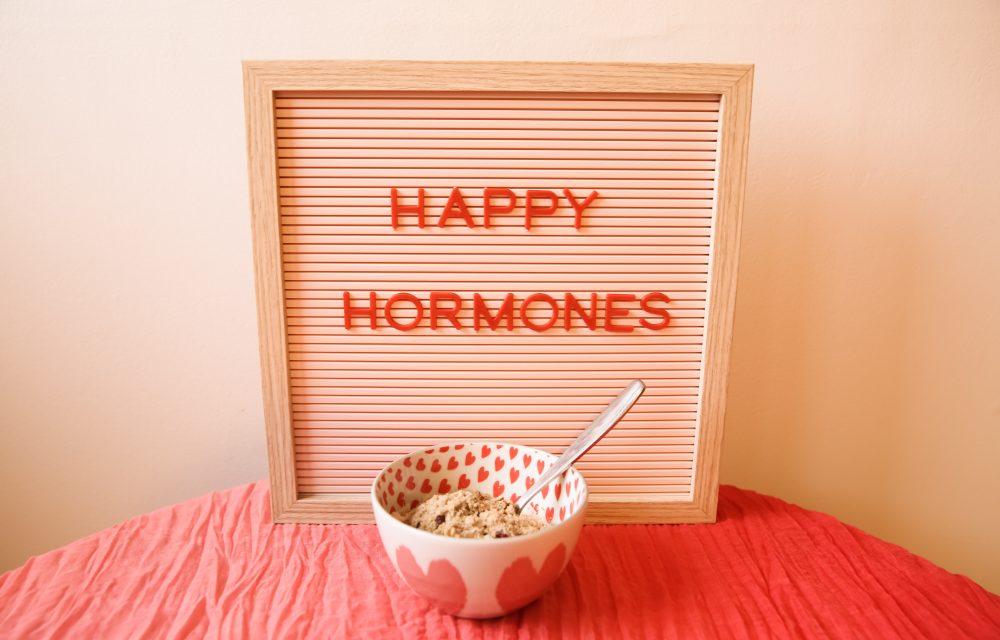What To Do When You’re Too Tired To Workout
It can be too easy to feel too tired to work out, especially if you had a stressful day at work. All you want to do is lay down and rest and that 45 minutes or hour of effort seems insurmountable. If just thinking about getting ready for the workout makes you sign in exhaustion, here are some solutions that can help. The first one is to acknowledge how tired you are and determine whether there’s a reason for it. If you spent all night with a sick baby or have a touch of the flu yourself, giving in and lying down may be your best option.
Most people reach for a cup of coffee to combat fatigue.
Coffee is usually everyone’s go-to beverage when they’re feeling exhausted, but it shouldn’t be. Sometimes, all you need is a little hydrating. Nothing is better for that than a tall glass of water. Dehydration can make you feel weary and about to drop. Drink a tall glass of water and you’ll probably feel better. You’ll notice your energy rising within minutes of drinking it if dehydration is the problem.
Try a healthy snack to get you moving.
If the cold water doesn’t work, follow it up with a healthy snack. You may need a little energy boost. If that doesn’t work, try a psychological approach. Remind yourself who is in charge. Tell yourself that if you go to the gym and don’t feel more energetic after a few minutes you can go home. Usually, a short exercise session can stimulate blood flow and improve circulation. That sends energizing nutrients and oxygen to your entire body to boost your energy level.
Create a shorter version of your workout you can do throughout the day.
Sometimes, the thought of getting changed and putting in 45 minutes to an hour causes the problem. For those days you feel tired all day, doing shortened versions of your workout throughout the day can help. Have five to ten-minute sessions throughout the day. You can do some exercises, like lunges and squats, almost anywhere. You’ll get as much benefit from five 10-minute workouts as you do in one 50-minute session.
- Only you can tell if you’re physically too tired to workout and know if it’s not just ordinary exhaustion from the day. If you aren’t feeling good, don’t go to the gym. You’ll be doing yourself and others at the gym a favor.
- When your energy level drops and drinking water doesn’t work, practice belly breathing or deep breathing. Deep breaths can boost your energy and help you throughout the day.
- Are you getting enough sleep? You may be sleep-deprived if you aren’t sleeping between 7 to 9 hours. Adequate sleep is vital to good health. Lack of sleep causes your body to overproduce the hunger hormone and underproduce the hormone that makes you feel full.
- Before you decide the gym is off-limits, walk around for a while. Sometimes just moving can make you feel better. Healthcare professionals suggest you get up and move at least five minutes every hour.
For more information, contact us today at Team-ISC











